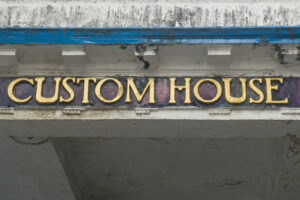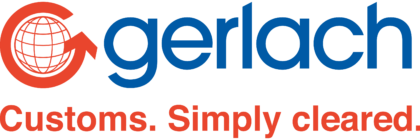The advancement of globalization requires on the one hand faster processing and increased efficiency in the supply chain, on the other hand increased need for safety and security. The new EU Customs regulation UCC is designed to meet exactly these two requirements.
What is UCC?
UCC, stand for Union Customs Code; it replaced existing Community Customs Code (CCC) as of May 2016. One of the key changes being introduced under UCC is the move towards a paperless Customs environment – allowing all changes of information to be made electronically. The implementation of the required electronic systems is intended to be done by 2020.
One of the new features that are introduced under the UCC is Centralised Clearance.
Centralised Clearance at Import
Centralised Clearance at Import – formerly known as Single Authorisation for Simplified Procedures (SASP) – allows Economic Operators with an AEO status to declare goods on one Member State (supervising Member State) while the goods are imported or exported in a different Member State.
It also allows to centralise the accounting and payment of Customs Duties for all customs transactions in the supervising Member State. This centralisation brings savings in administrative and transaction costs for companies.
However the AEO status is a prerequisite. The value of AEO is strongly upgraded within the Centralised Clearance discussion.
It was intended to start Centralized Clearance by 2020. However, not all member states are ready yet and consequently the implementing phases are moved forward till Q4 2021.
The biggest obstacle for the implementation is the VAT handling, i.e. Enterprises need to have a VAT registration in the member state where import entry takes place or should be represented by a fiscal representative which causes additional cost. Even the difference between treatment of VAT at import in one member state can be different from the other i.e. in the Netherlands the levy of import VAT to the VAT return is possible which saves cash flow; this is not possible in most other EU member states.
We see great simplifications and opportunities coming with the implementation of Centralised Clearance at Import. As a company in the field of Customs we are following the development in this area very closely, to be able to advise our customers in the best possible way and to make the necessary preparations in our operational set-up.
If you want to know more, please get in touch with us.


